Opinion: How Would the World of Cars be Today if There Was no ‘Dieselgate?'
Needless to say, the dieselgate scandal came down like a ton of bricks! The aftermath was such that the industry, along with the regulators, decided to throw the baby out with the bathwater.
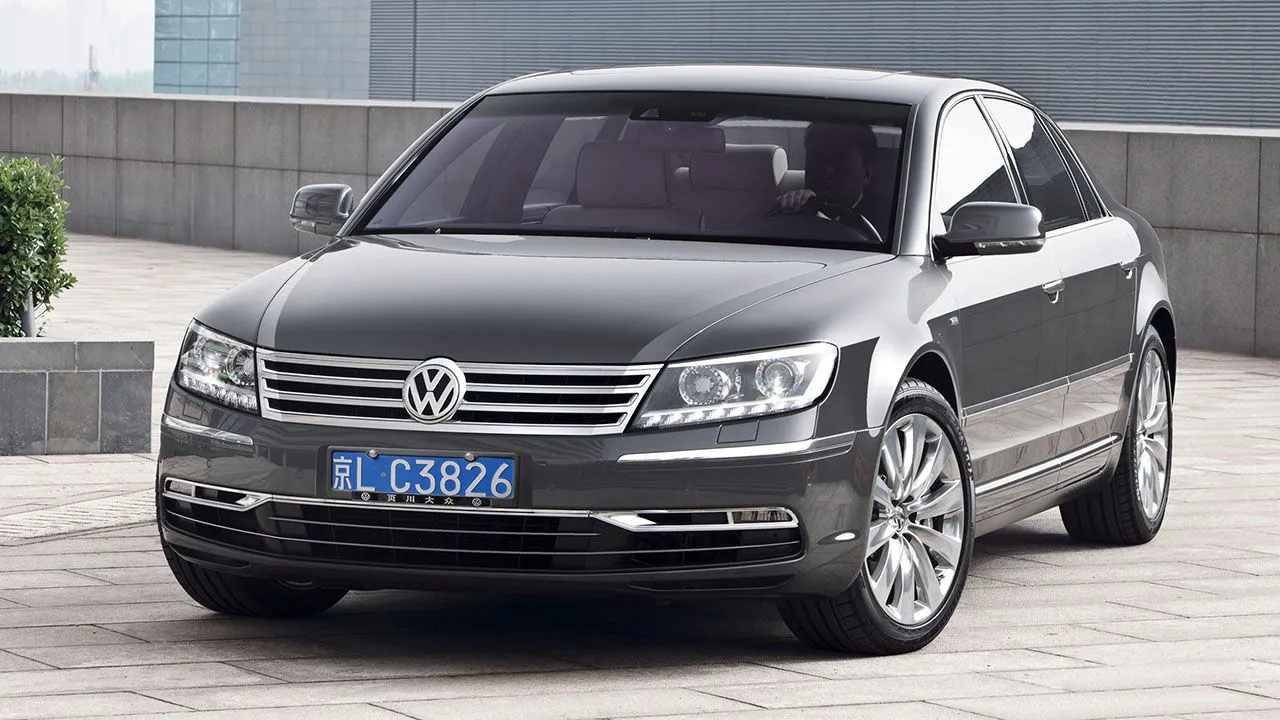
For the uninitiated, or those of you living under a rock for the past decade, ‘Dieselgate’ is the VW emissions scandal that broke in 2015, when it was discovered that the company used trick software to detect when their diesel models were being emissions tested in the lab – at which point it would drastically adjust engine parameters to meet the regulations. These parameters would automatically reset when the car went from the rolling road to the actual road, resulting in emissions that could be up to 40-times greater than stipulated.
This was all at a time when VW was at the top of its game. The German behemoth had overtaken Toyota to become the largest carmaker in the world. The maker of the People’s Car had amassed an empire that consisted of automotive royalty – the likes of Bugatti, Lamborghini, Porsche, and Bentley, to name a few.
VW had even developed its own flagship luxury car, the Phaeton (pictured above), to take on the best of them. Under the leadership of scion, and grandson of Dr. Ferdinand Porsche, Ferdinand Piech, VW appeared inscrutable, and indestructible. It was this sense of audacity and ambition that had taken it to the top of one of the most competitive industries in the world. But it was the same audacity that caused it to believe that it could pull the wool over the eyes of regulators the world over. Don’t forget, this was a time when diesel was being billed as the savior – based on how much more efficient it was over petrol. This was also when Audi was winning Le Mans under diesel power, and their marketing campaigns in the US were hailing the advent of ‘clean diesels.’
Needless to say, the dieselgate scandal came down like a ton of bricks! The aftermath was such that the industry, along with the regulators, decided to throw the baby out with the bathwater. No matter that modern oil burners are actually quite clean, diesels were out and electrics were in. Politicians around the world felt the need to virtue signal their righteousness, which meant instantly jumping on the EV bandwagon.
Overnight, diesel became a symbol of recklessness and corporate greed, while EV’s became the poster child of responsibility. And Tesla the Messiah, becoming the most valuable carmaker in the world in the process – despite producing just a fraction of the volumes of traditional automakers. Meanwhile, China finally got the opportunity it had longed for – to leapfrog to the front, because it had a massive head start in EV tech, not to mention the fact that it had begun shoring up vital resources from around the world years ago.
None of this took into account the fact that mining for lithium is altering whole ecosystems, while mining for cobalt has its own share of ethical challenges. Volvo recently released a study, which showed that producing an EV causes emissions of up to 70% more greenhouse gases than a traditional ICE vehicle. But, having said all of this, there’s no doubt that EVs produce zero tailpipe emissions and are, therefore, far better for city centers. And, if powered by renewable energy, over the life of a vehicle they are actually greener. And that’s to say nothing of the fact that the technology is still in its relative infancy and, of course, will continue to improve.
A sea change such as this, then, will require a lot of time and money – and will undoubtedly ruffle a few feathers along the way. In retrospect, perhaps an event such as this was the only thing that could get an industry as large and with as much inertia as this to turn on its head. Perhaps this is the nudge (read: shove) that was needed. But imagine how different the automotive world would be if VW hadn’t tried to outsmart the regulators a decade ago. Suffice to say, it would be unrecognizable…
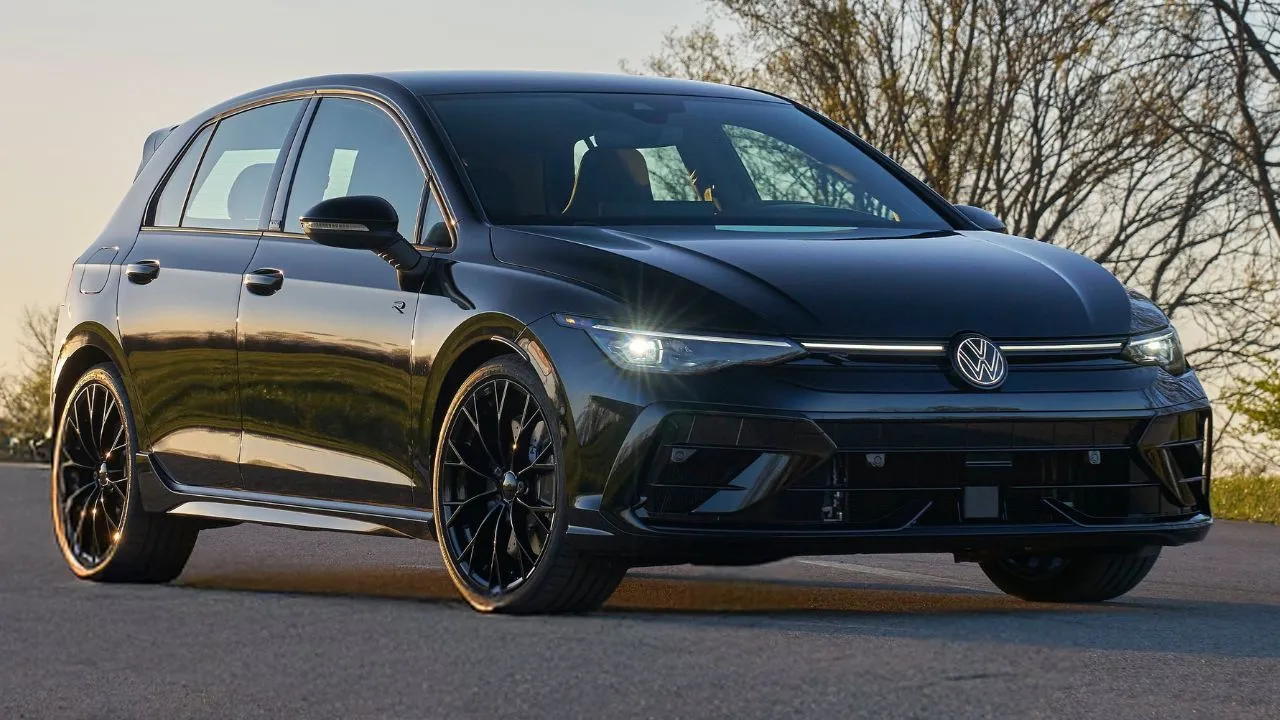
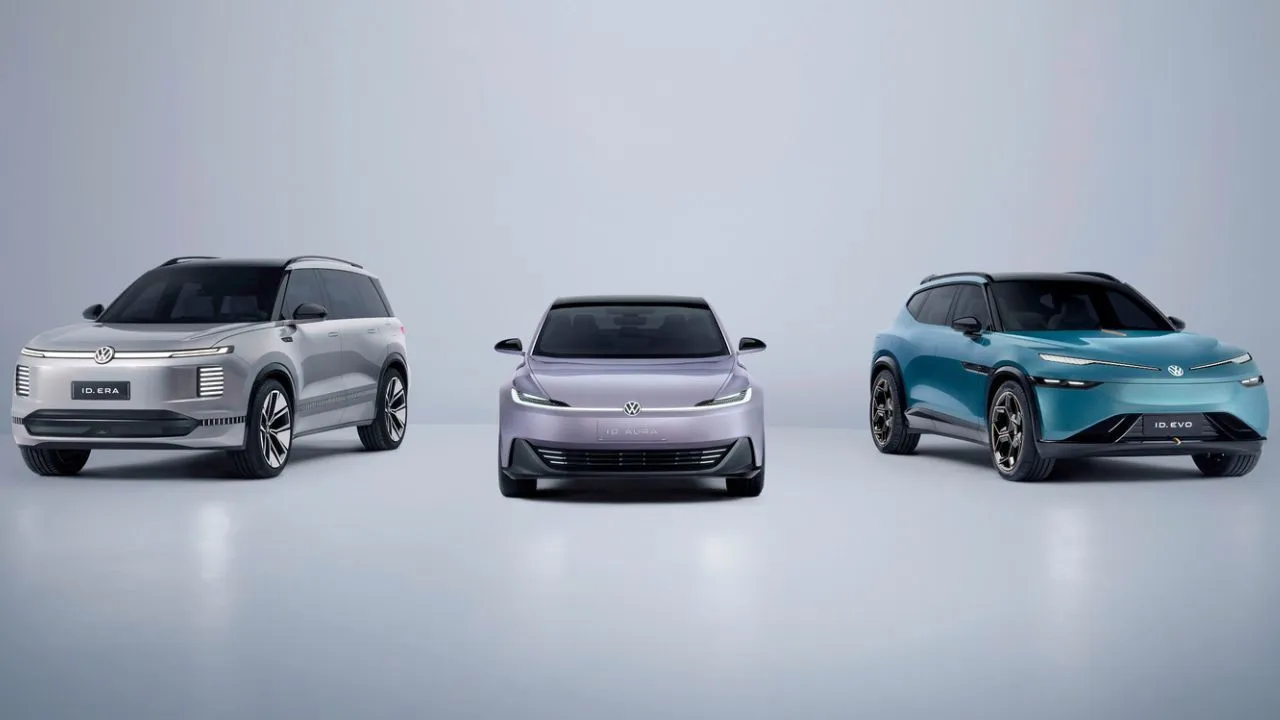
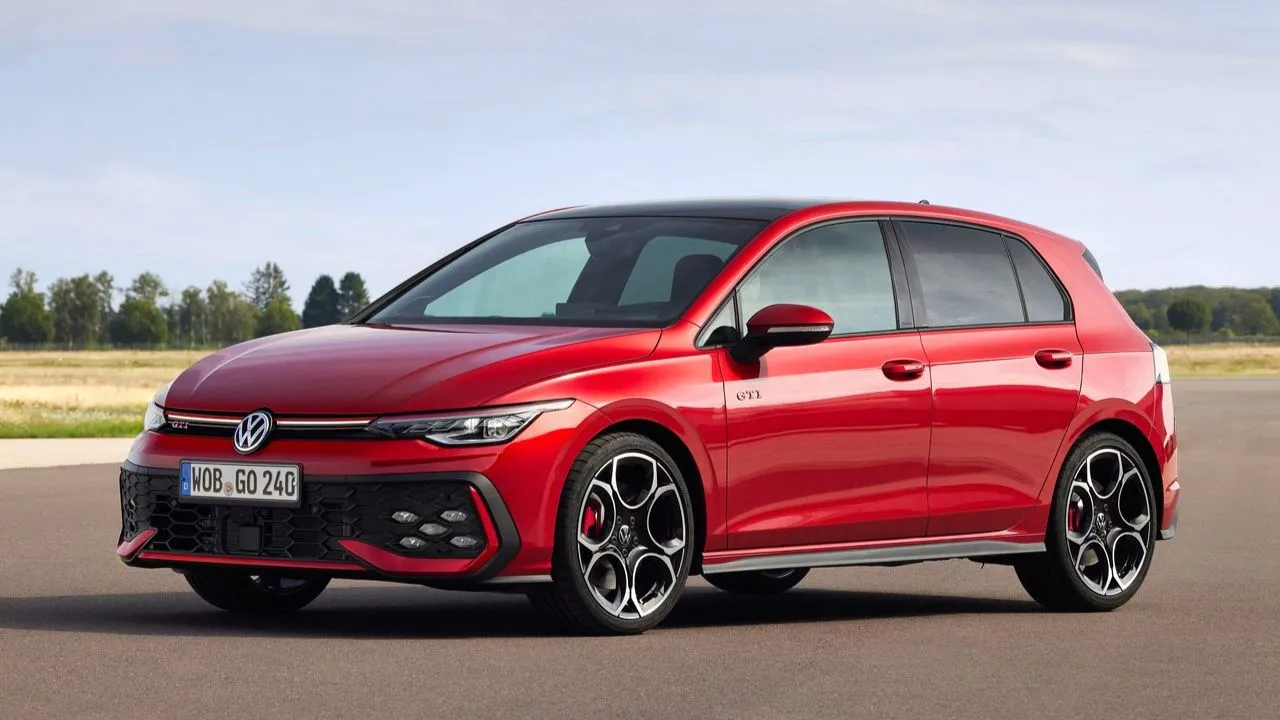
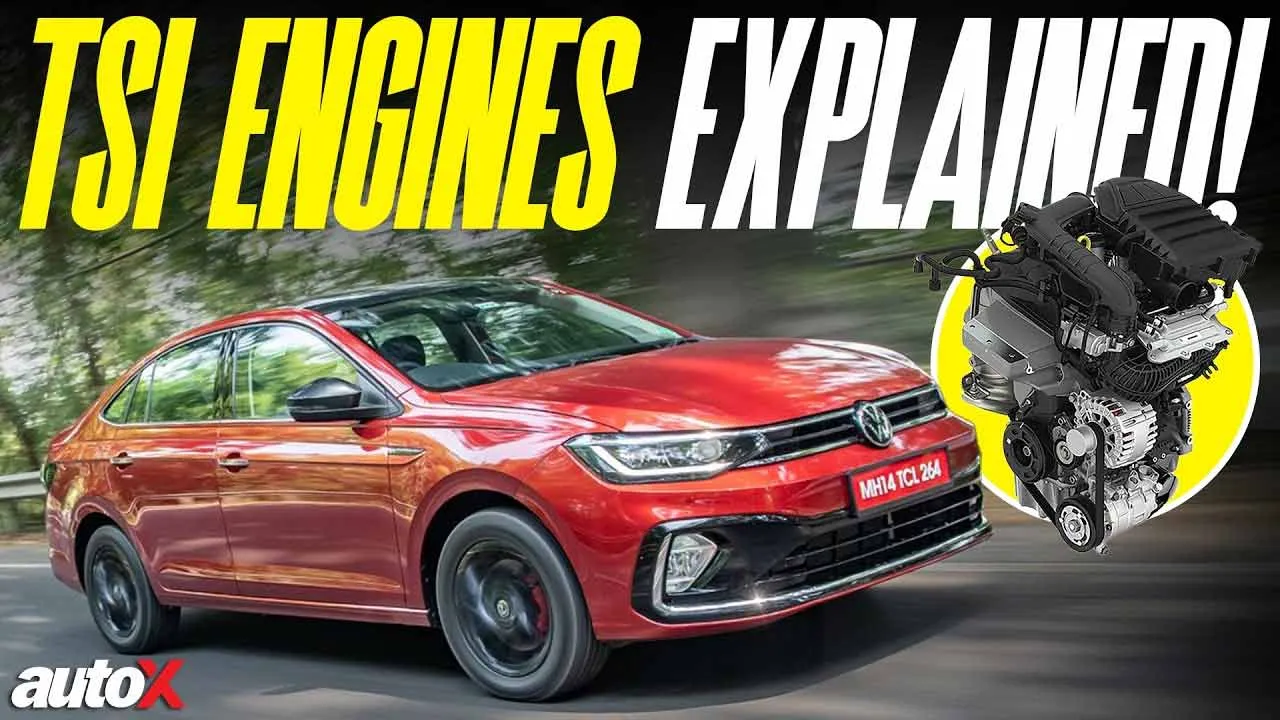
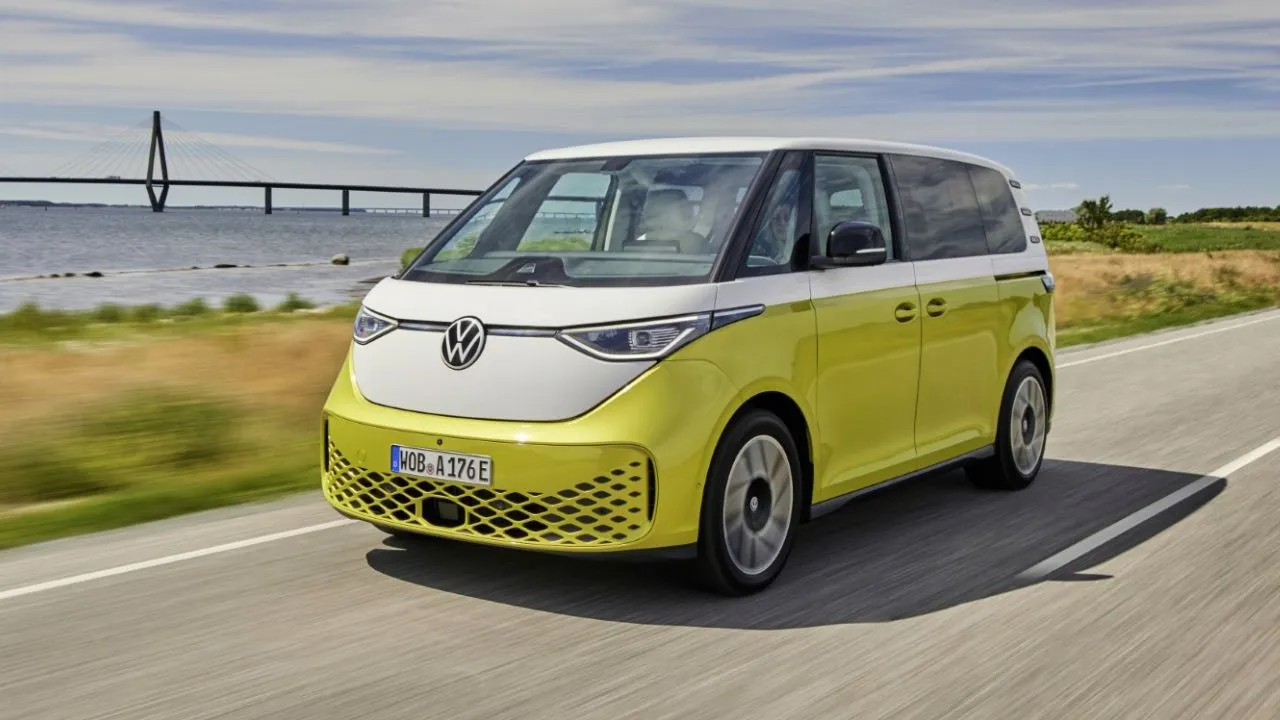
.webp)
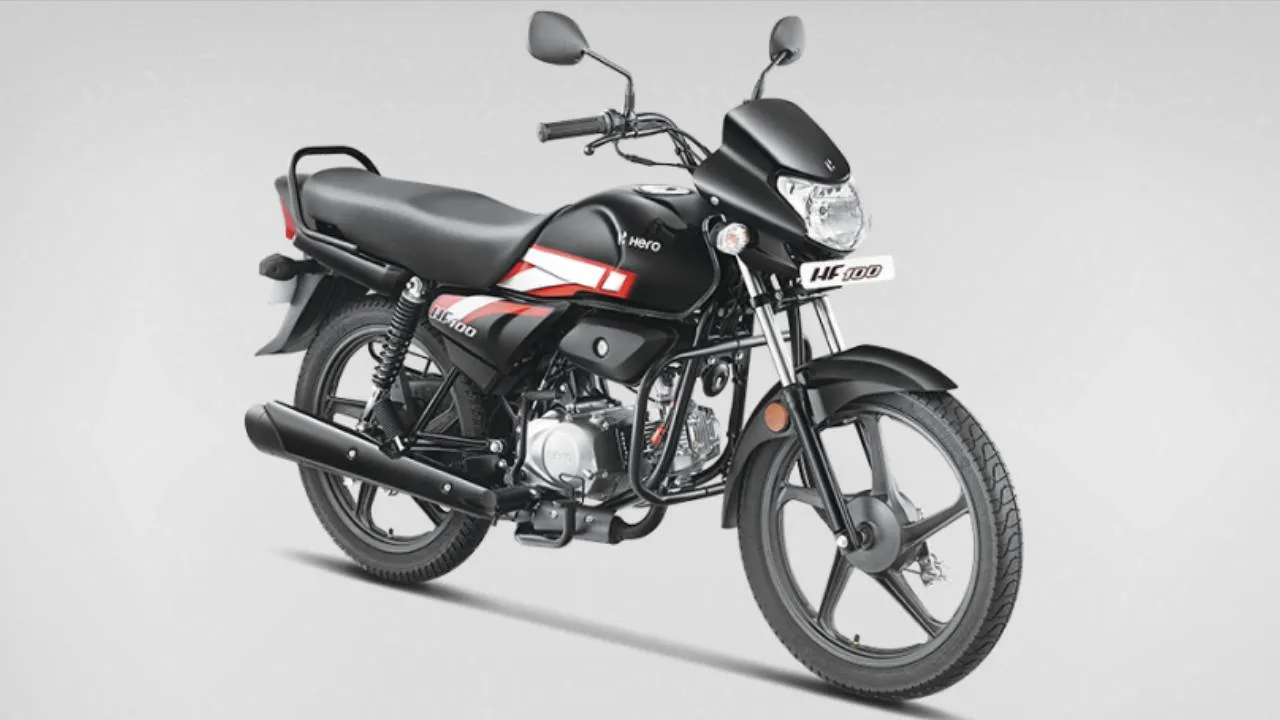
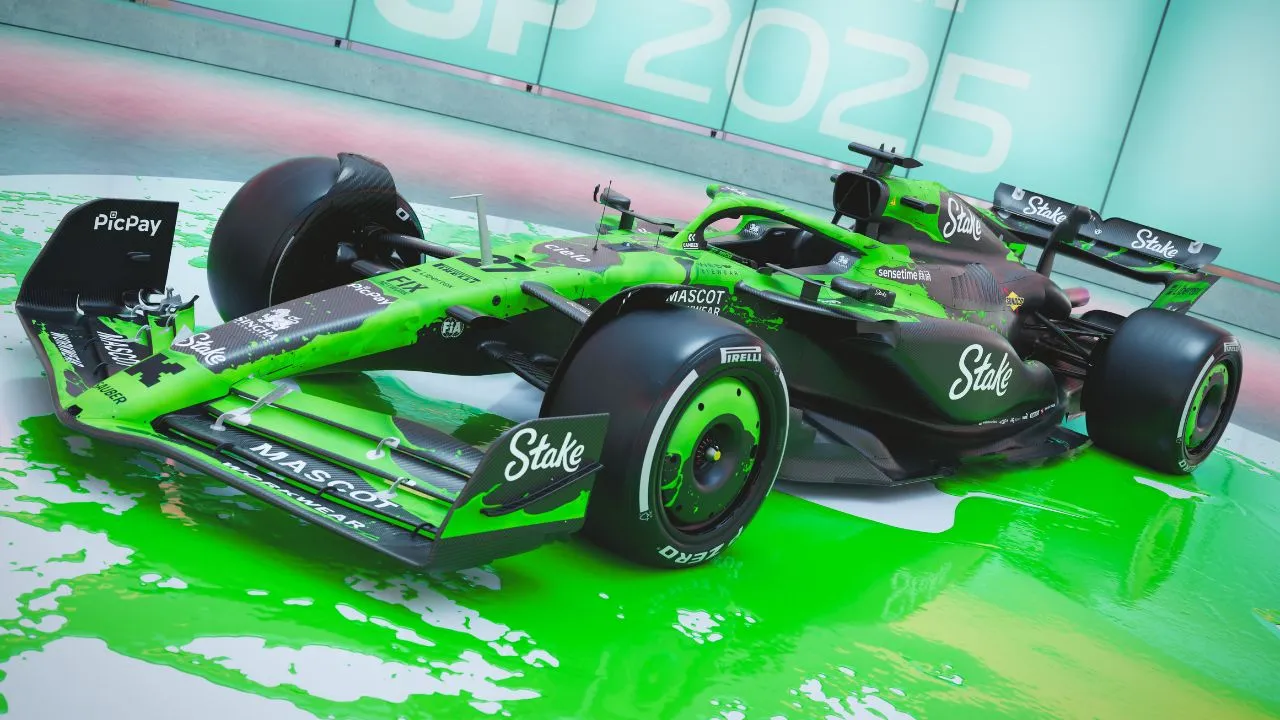
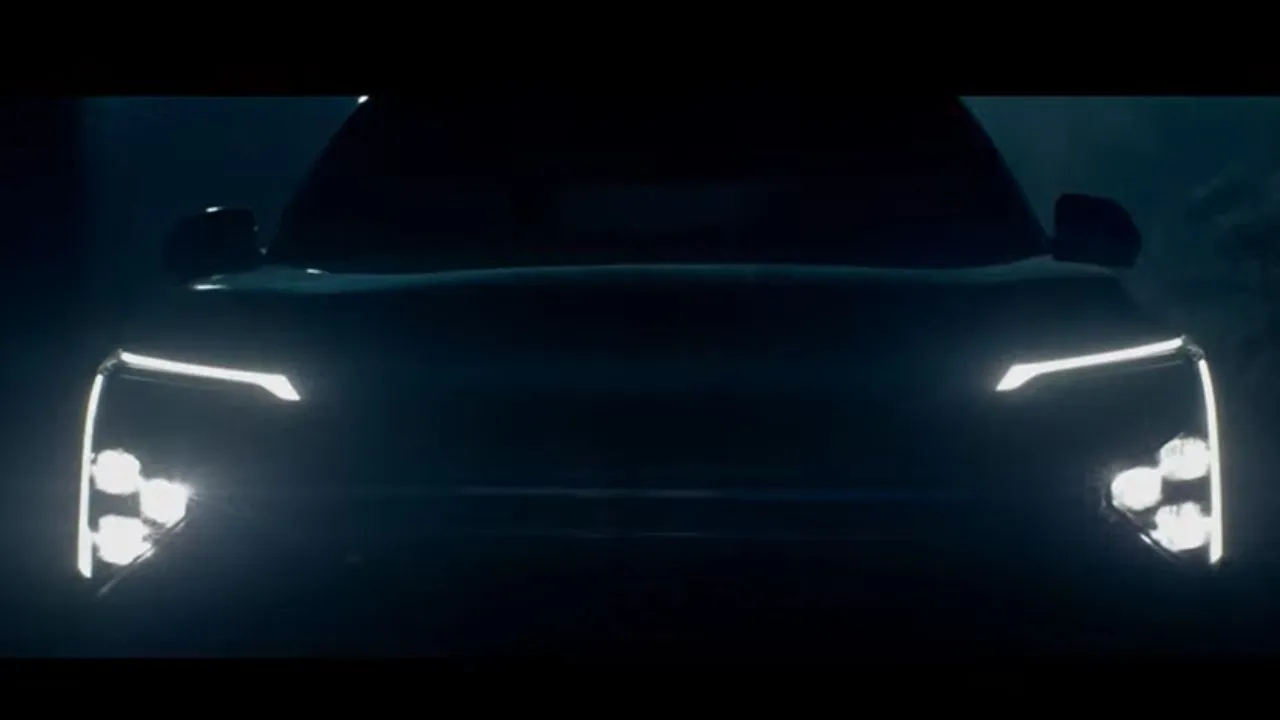
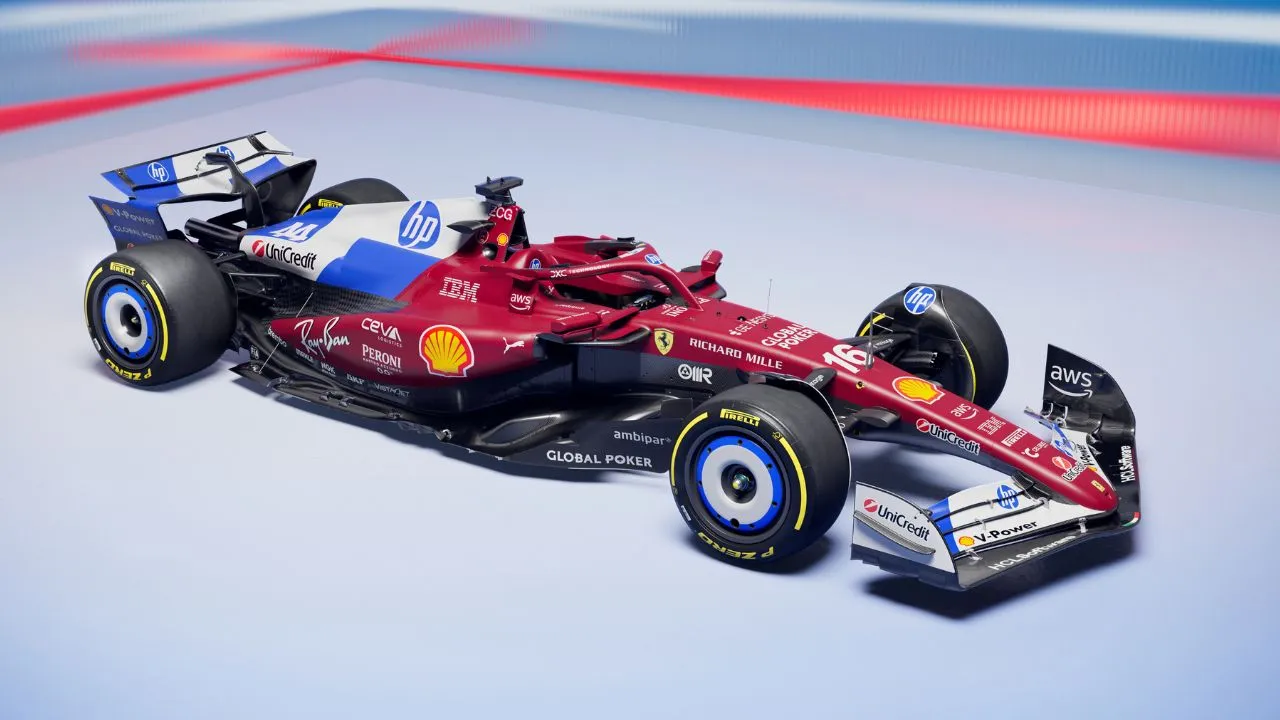
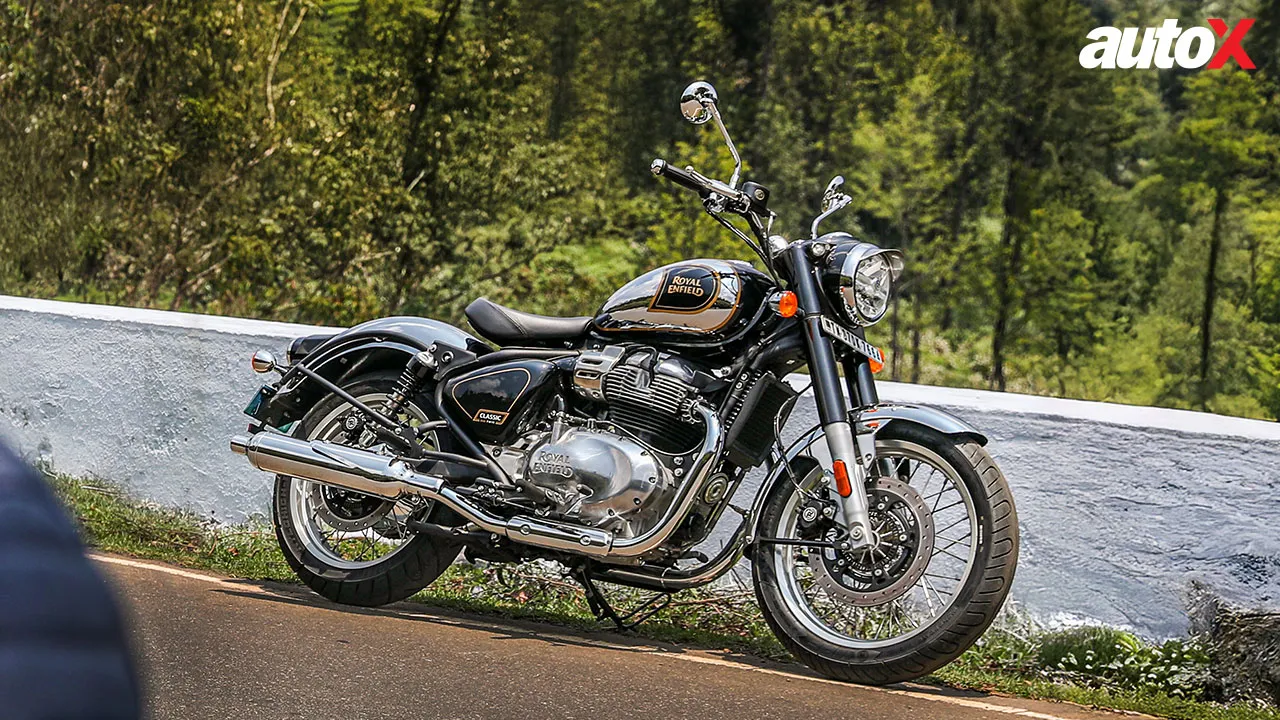

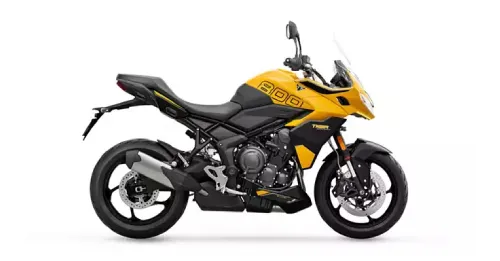
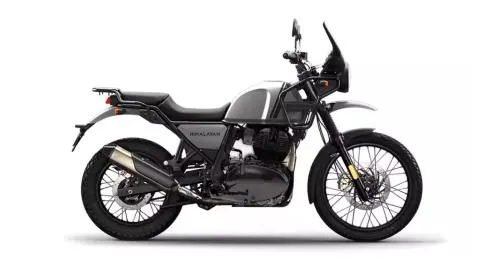
















Write your Comment on